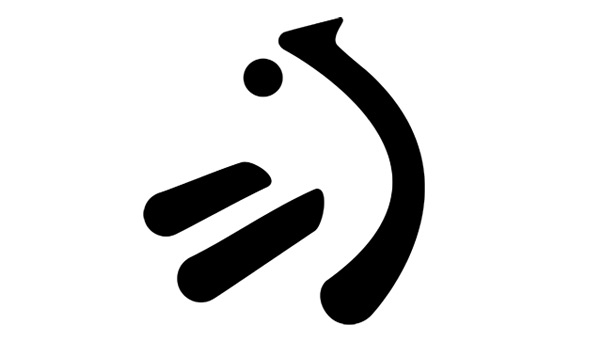France has little tradition of coalition governments, which makes negotiations to form a government complex.
The far right has been defeated in the second round of elections, becoming the third force in the National Assembly. Martine Le Pen’s National Rally continues to scare the French who consider that this formation is not just another party, but rather a dangerous force that hides its real purposes by being racist, anti-Semitic, anti-Muslim and xenophobic whose coming to power must be prevented.
The left-wing Popular Front, the leading force, won 181 seats. Ensemble, which includes Macron’s centrist party, was the second force with 166. And in third place was the far-right National Rally with 143.
Since the Popular Front won without the established absolute majority of 289 seats, this bloc will have to agree on the formation of the new coalition government with Macron’s party. But France has little tradition of coalition governments, which makes the negotiation to form a government complex.
The situation is complicated by the fact that the Popular Front is made up of four forces: La France Insoumise, the Front’s leading force in terms of seats; the Socialist Party of former President François Hollande, who was elected second in the parliament; the Ecologist Party, the third force; and the Communist Party, the fourth force in terms of seats in the Popular Front.
As La France Insoumise is the leading force in this left-wing front, its leader, Mélenchon, has already claimed the post of prime minister, something he will have to negotiate with the other forces. There is also the question of what programme the new government that emerges from this highly fragmented parliament will follow.
President Macron will have to cohabit with a government that emerges from this complex parliament, unprecedented in the Fifth Republic. Although France has experience in governments of cohabitation between presidents of the Republic and prime ministers of different political forces, there is no tradition of coalition government that the new situation requires.
During the Fifth Republic, there were three periods of cohabitation: from 1986 to 1988 between the Socialist President François Mitterrand and the Gaullist Prime Minister Jacques Chirac; from 1993 to 1995 between Mitterrand and Prime Minister Edouard Balladourd; and from 1997 to 2002 between President Chirac and the Socialist Prime Minister Lionel Jospin. But this time the situation is much more complicated.
Source: Eitb
I am Michael Melvin, an experienced news writer with a passion for uncovering stories and bringing them to the public. I have been working in the news industry for over five years now, and my work has been published on multiple websites. As an author at 24 News Reporters, I cover world section of current events stories that are both informative and captivating to read.

